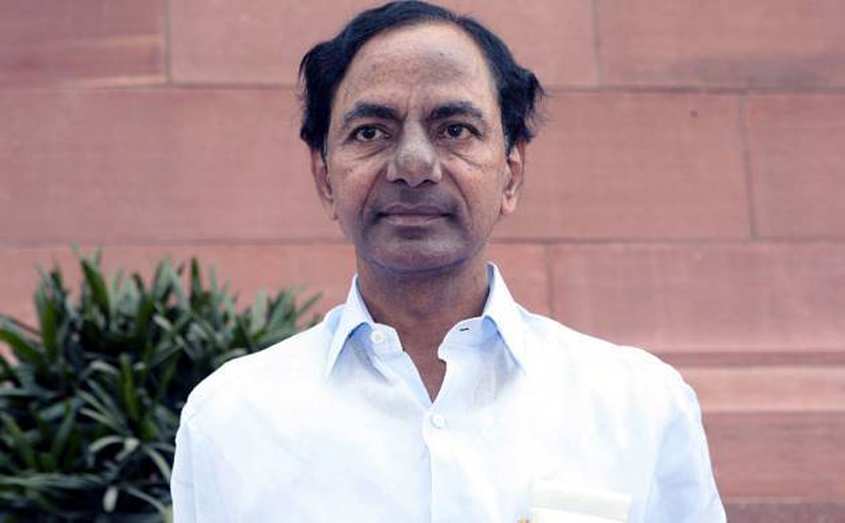As of now, Tamil Nadu is the only state in the country which offers 12% reservations to Muslims in educational seats and jobs, but it has been accorded Constitutional safeguard by including it in the 9th Schedule in 1994. However, since then, the Supreme Court has been firm on ensuring that the quota did not exceed 50% on the whole.
KCR has been talking of extending 12% quota to Muslims in educational seats and jobs for the past two years, but he took a step ahead and made an announcement on the penultimate day of the 18-day long winter session of the Assembly on 18 January. This has stunned the depleted opposition parties that are not in a position to attack the political motives of the ruling party. At present, some Muslim sub-castes are already enjoying reservations in the OBC quota up to 4% and this would be increased by another 8% to keep with the CM’s promise soon, Deputy Chief Minister Mahmood Ali who looks after minority welfare, told The Sunday Guardian on the Assembly lobbies on Wednesday.
Apart from the Deputy Chief Minister, several other Muslim MLAs and MLCs of ruling TRS hailed KCR’s decision to go for 12% quota to Muslims as a revolutionary step and claimed that the predominant minorities would forever be indebted to the Chief Minister for the move. “This would drastically improve the lot of Muslims who are steeped in poverty,” said TRS MLC Mohammad Saleem. KCR has told the Assembly that Muslims account for 15-18% of the total population of around 3.60 crore in Telangana and that most of them were lagging behind in social and employment indices. If Muslims are concentrated up to 40% in around 15 Assembly seats in the Old City of Hyderabad, they are distributed at a higher level of 25% in another 25 seats in 31 districts.
The decision may sound attractive to Muslims on the surface, but its implementation is ridden with many legal, political and administrative hurdles. It may be relevant to remember the prolonged legal obstacles faced by the previous Y.S. Rajasekhara Reddy-led Congress government in implementing the 4% quota to Muslims in 2005. The court struck it down many times until 2012. The Majlis Ittehadul Muslimeen (MIM) is the only opposition party that cautioned KCR to go slow on giving 12% quota to Muslims, lest it be struck down by the courts on several legal and procedural angles. MIM leader Akbaruddin Owaisi told the Chief Minister not to use the quota issue as a poll gimmick, but a serious step to improve the lot of Muslims.
However, several senior officials in the Telangana government who spoke to this newspaper are of the view that extending 12% quota to Muslims might not be easier one as both the Centre and the Supreme Court would have to give consent for its execution. “It is a long drawn process and may be an election gimmick by KCR to win 2019,” said a former advocate general of AP.
According to him, the state government must first conduct a socio-economic survey to establish the population of Muslims in the state and a statutory BC commission should recommend the quota for them. Only then can the government initiate the process and the quota bill would have to be ratified by the Centre, so that it can be included in the 9th Schedule of the Constitution.
KCR is expected to introduce a Bill on the 12% quota to Muslims in the upcoming budget session of the Assembly in February. According to two of his advisers, securing the Bill’s passage in the legislature may not be difficult, but ensuring the Centre’s cooperation to include it in the 9th Schedule could be.

